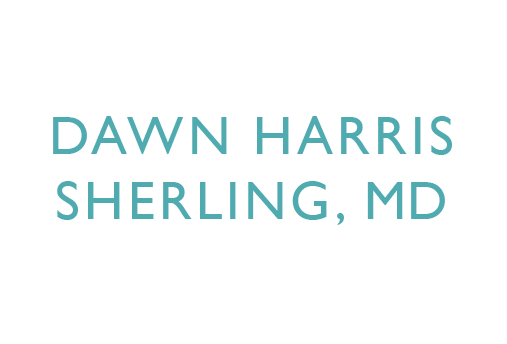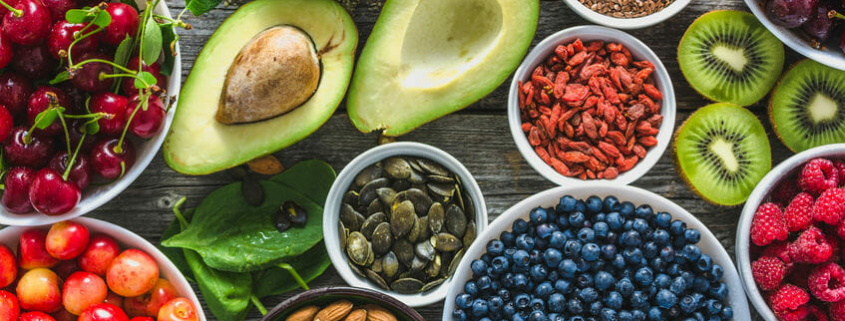Searching for Superfoods
A few years ago, my not-quite-teenage son began commenting on whether or not the food I was making was a “superfood.” Salmon and blueberries had been designated by him as “super” and not because they were particularly tasty (although I think they are). According to my son and the latest articles he had perused on the internet, there was supposedly a magical array of nutrients in the food that would somehow help us to live longer.
“The search for superfoods (or whatever they were called back then) has been a time-honored tradition since at least the 1950s, when American physiologist, Ancel Keys traveled to countries around the Mediterranean and documented their lower rates of heart disease, cancer, and other ailments.”
I was just glad he was eating salmon and blueberries and let him keep on thinking they were magically super since I was also super exhausted trying to get my kids to eat foods that were nutritionally sound. So, if nutritionally sound was being rebranded as super, I wasn’t going to argue the point.
The allure of finding a faraway magical food or foods, is in many ways like the quest for the Fountain of Youth, and so, my son had hit on a historically popular trend. The search for superfoods (or whatever they were called back then) has been a time-honored tradition since at least the 1950s, when American physiologist, Ancel Keys traveled to countries around the Mediterranean and documented their lower rates of heart disease, cancer, and other ailments. He posited it was something in their diet. It was called the Seven Countries Study and like its name implies, Keys looked at food from seven countries—which happens to be a lot of countries and a lot of different foods. The common threads in the so-called Mediterranean Diet, were identified as olive oil, fish, fruits, veggies, nuts, whole grains, and wine.
Scientists wondered what exactly was in those foods that was so super and began doing research studies that added nuts or wine or olive oil to see if those things in isolation were helpful. Many of those studies (though poorly designed) showed that they were. And so, in the coming decades, Americans were encouraged to eat more of those foods. Not a bad idea, but not the whole story either. Despite switching over from canola oil to olive oil and from white pasta to whole grain pasta (which isn’t exactly traditionally Mediterranean), our higher rates of disease persisted. It turns out that you can’t take out two or three components of a healthy diet and add them to an unhealthy diet and viola—expect similar results. Even worse, you can’t extract a chemical or two, package them in a supplement and declare victory over disease.
Resveratrol was supposed to be one of the substances that made blueberries super and was also found in red wine. But instead of having to find berries out of season or drink wine which was high in calories (and also one would be limited by the alcohol content if one were sensible), a pill was created. Why bother with actual foods and beverages if one could just find a magic pill? Better yet, pill purveyors could charge upwards of $100 a bottle and so advertised their wares heavily. By offering the secret to longevity with barely any effort required, daytime talk shows brought in lots of viewers, clinics sprung up, and people parted with billions of dollars. And yet, our life expectancy has not increased.
What is starting to be increasingly recognized by researchers is that it isn’t one substance or a handful of foods that make the Mediterranean Diet special. It isn’t even the Mediterranean. There is longevity to be found around the world (see: “Blue Zone” below) where there are fewer chronic diseases and people live longer lives (but even Blue Zones are somewhat Western-centric and undoubtedly there are many other places that would qualify). Blue Zone residents practice lifestyles where they eat whole, fresh foods, have communities ties, and walk or do a fair amount of physical work. This is what was going on in the Mediterranean when Keys visited.
And yet, as my son made clear, we are still looking for the magical super foods, or even more reductive, magical supplements, when the answer for how to eat and how to live has been staring us in the face for decades (Hint: the answer isn’t in a supplement).

